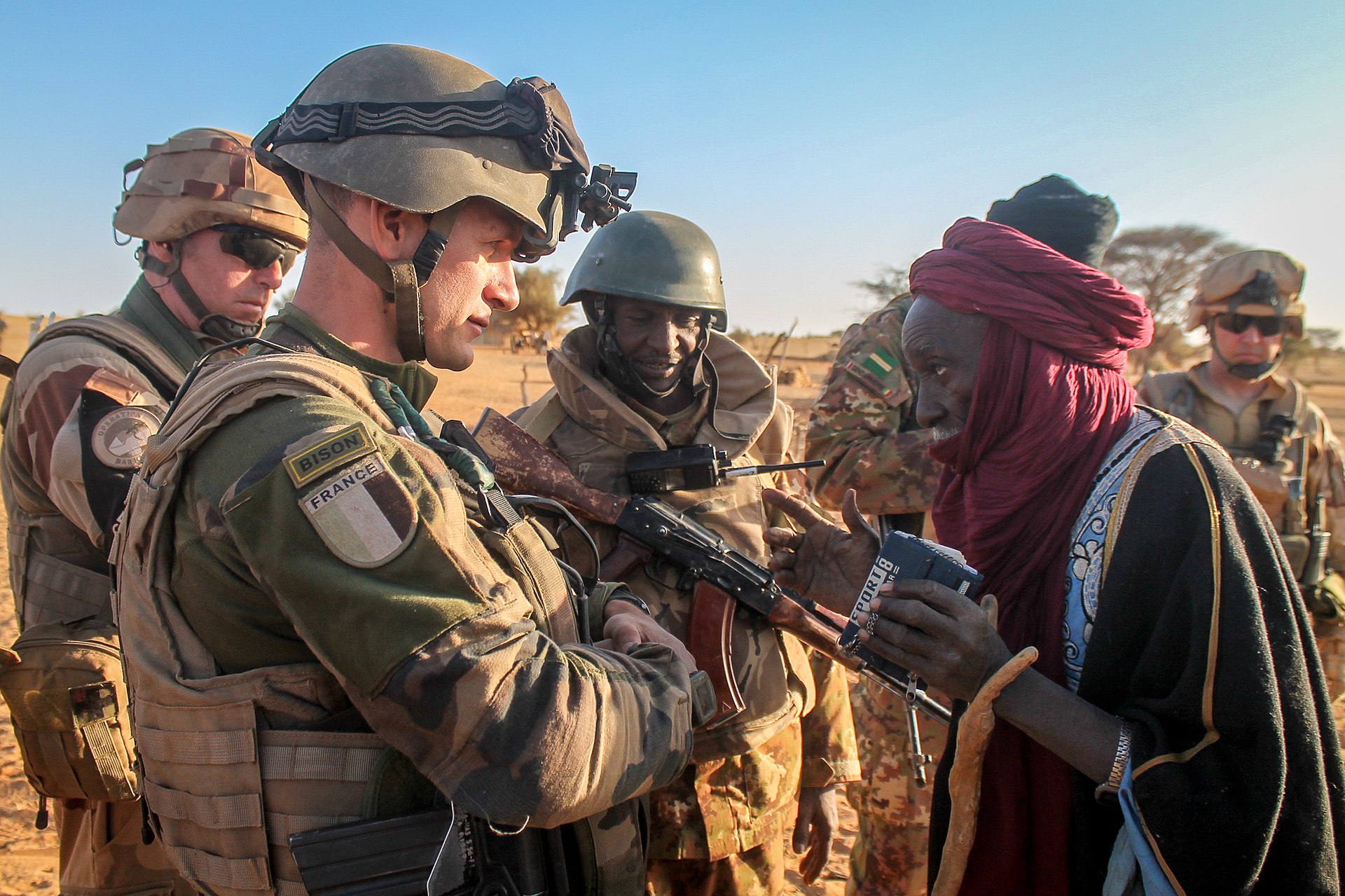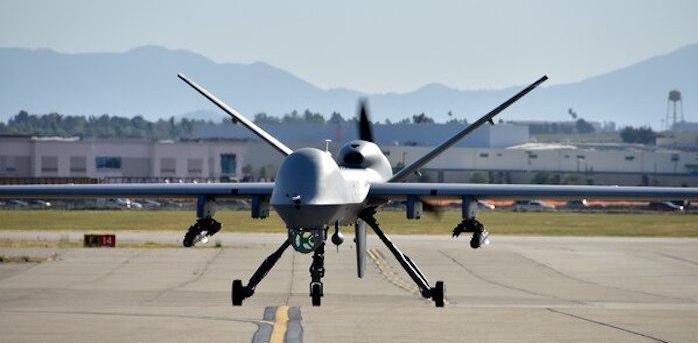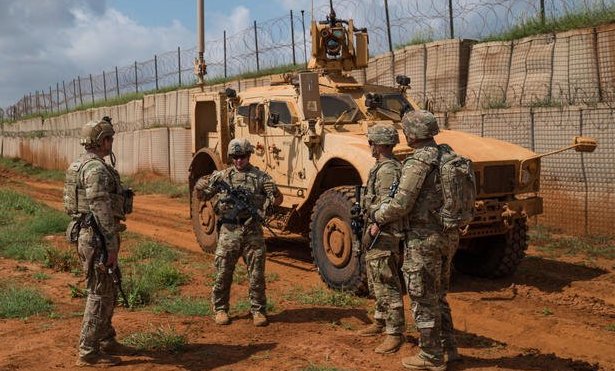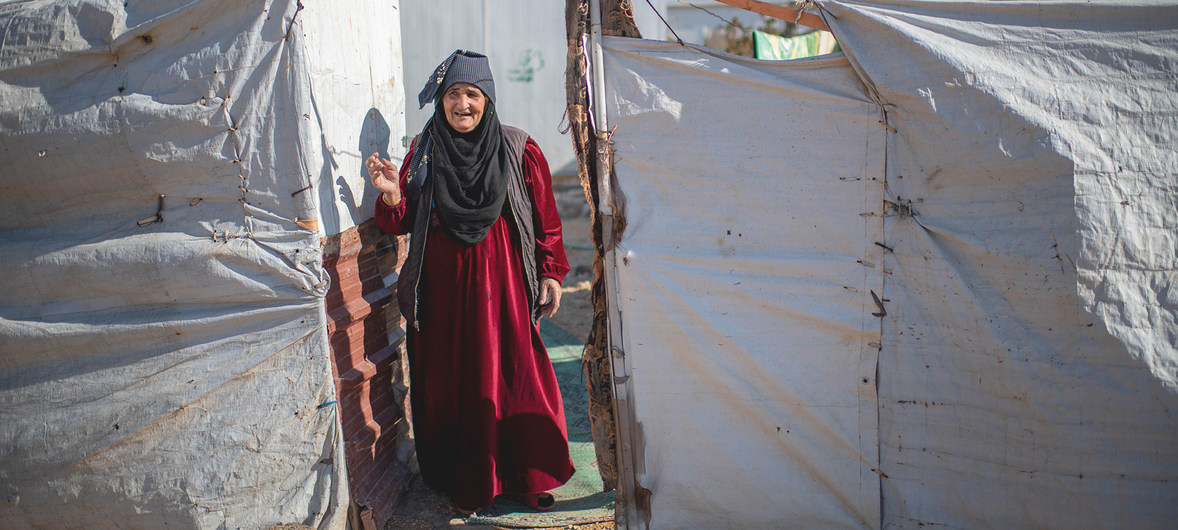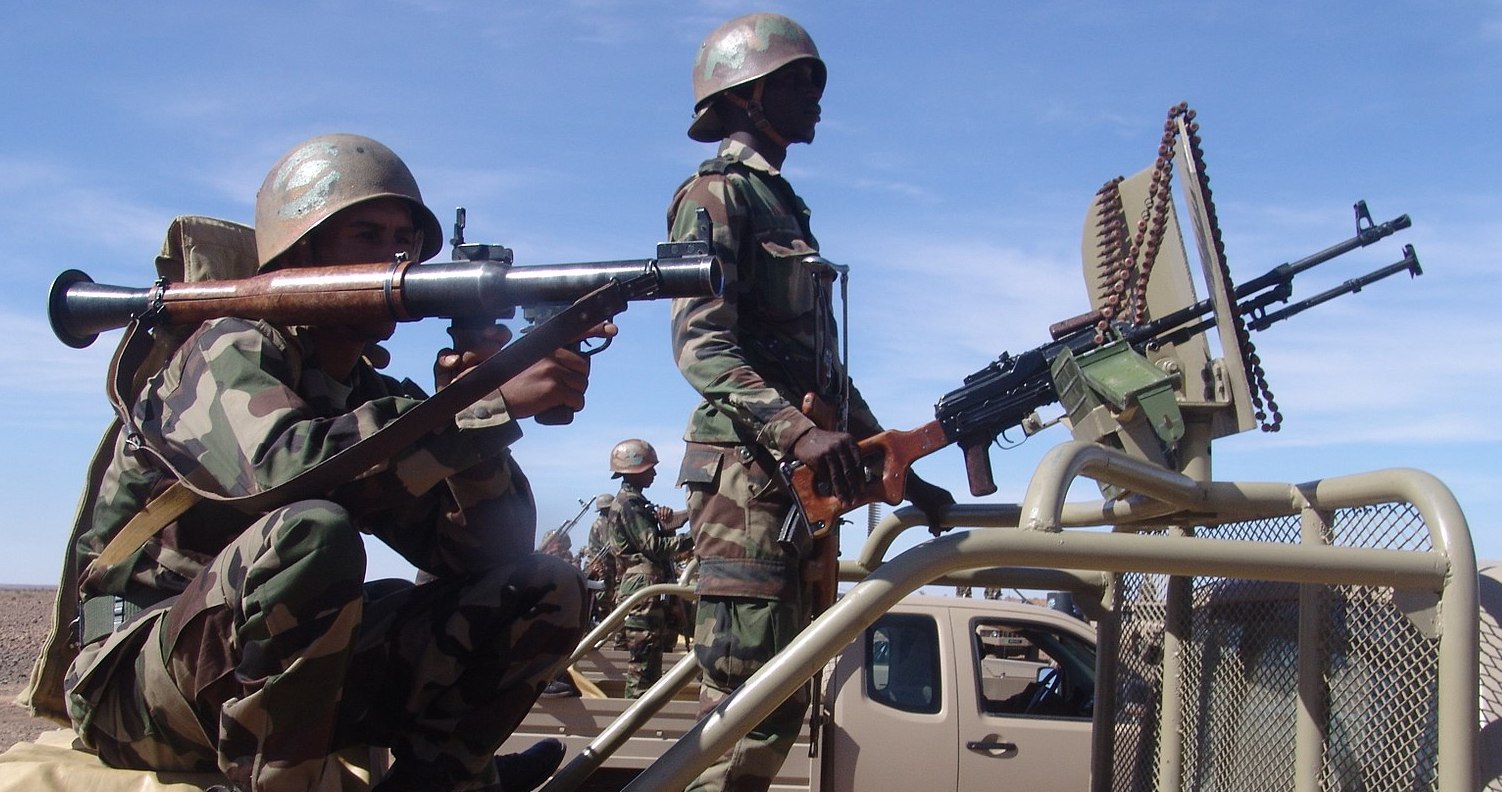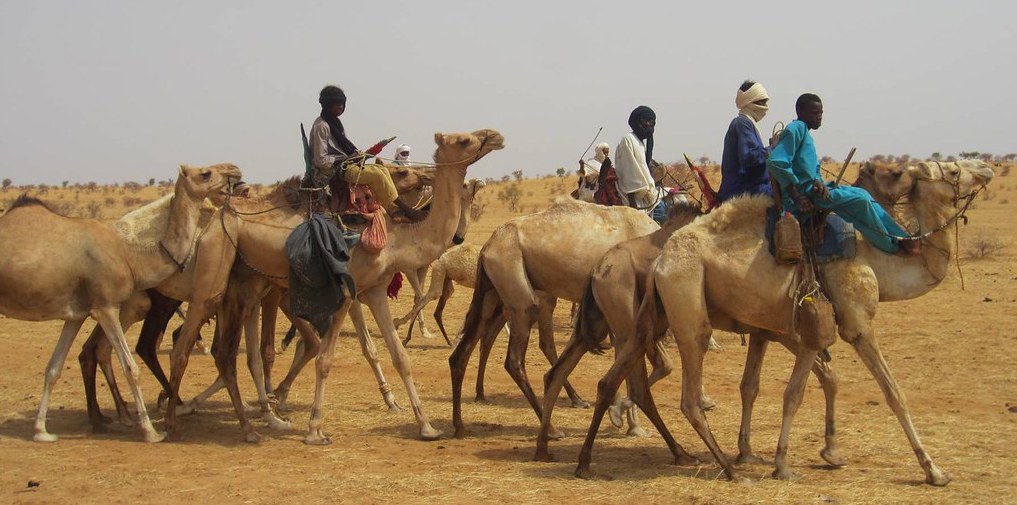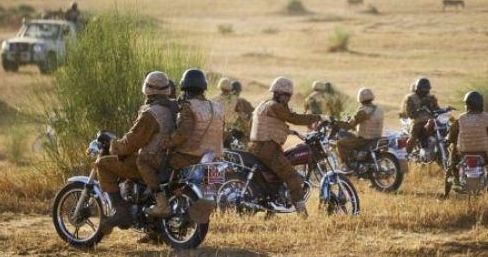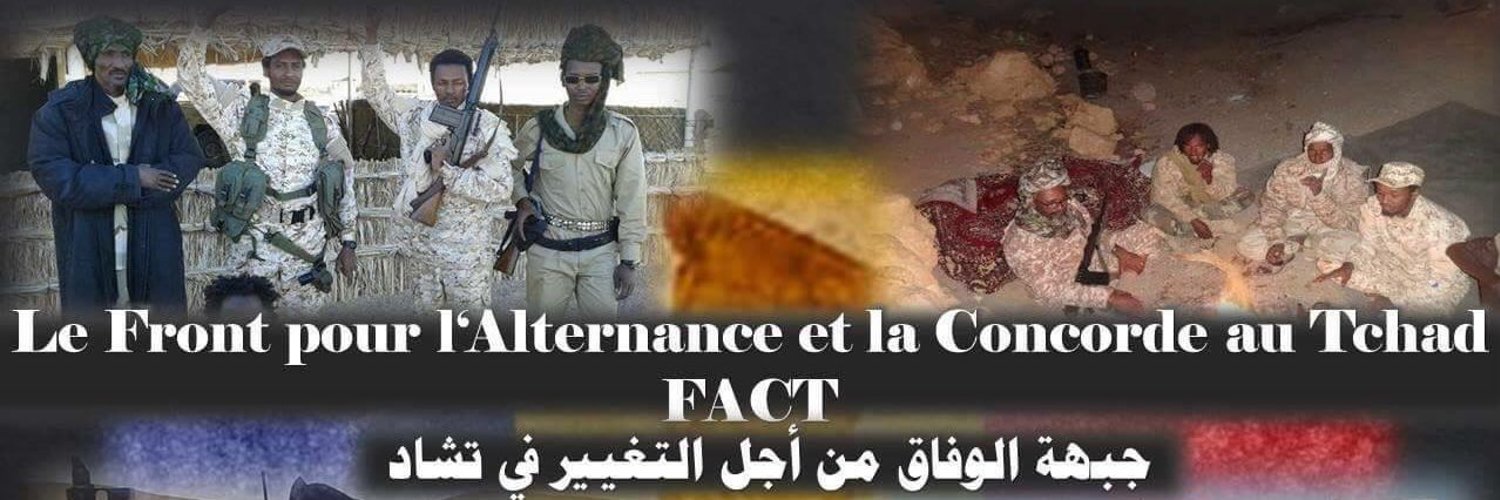
Chad: president killed as rebels advance
President Idriss Déby of Chad died following injuries sustained in fighting against rebels in the country’s north, authorities announced. The president’s son, Gen. Mahamat Kaka, is said to be serving as interim president. Déby had just been declared provisional winner of another presidential term, with nearly 80% of the vote. He had been in power for three decades. The rebel Front for Change & Concord in Chad (FACT) invaded the country from its bases across the border in Libya, in an attempt to disrupt the elections. Both sides are claiming victory after clashes in the northern region of Kanem, and FACT says that its forces are advancing on the capital, N’Djamena. (Image via Twitter)



